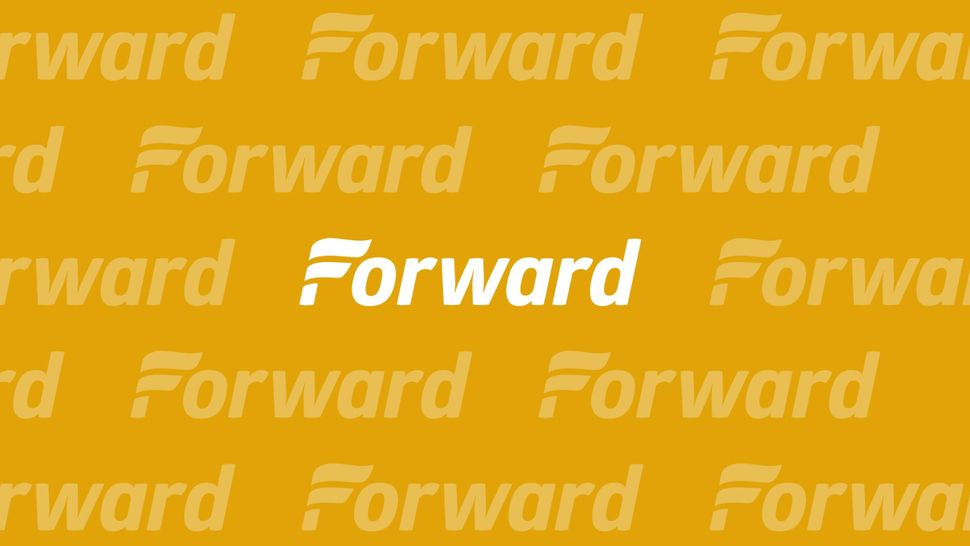Arab Israeli Women Tune In For Advice

Dored Zarkawi’s popular radio talk show is devoted to helping Arab Israeli women solve their most pressing problems.

On his program, “Najom Ely,” or “Nighttime Astrology,” Zarkawi combines astrology, modern psychology, and his fresh and forward thinking about women to dispense advice. The 34-year-old Arab Israeli resident of the Galilee says that he tries to help Arab women navigate between the fast-paced freedoms of secular Jewish Israel and the customs of Arab society, which still clings to restrictive traditions. In a recent interview, Zarkawi credited his father for teaching him and his 14 siblings to respect women. He also said that the idea of appreciating women was reinforced by Jewish culture, which “honors its women.”
When Zarkawi goes on the air, broadcasting out of Nazareth’s A-Shams radio station (101-FM; www.ashams.com) from 10 p.m. to midnight every Wednesday, the station’s phone lines are flooded with hundreds of calls. During a recent show, one woman got through and whispered that she had no one else to turn to. She refused to give her name, saying only that she was from somewhere in northern Israel. Her boyfriend, who had promised to marry her, had vanished — and she was two-months pregnant. If her brothers found out, she said, they would murder her to preserve the family’s honor.
Zarkawi offered the woman guidance, support and validation on the air. He suggested she speak to a psychologist who also has a radio talk show. Off the air, Zarkawi arranged for the woman to have a secret abortion.
“Afterwards, she wrote me that I saved her life,” said Zarkawi, who lives with his wife and his two daughters in Majd el-Kurum, a town situated between Acco and Nazareth in the Galilee.
Thousands of women tune in to Zarkawi’s show each week, listening as callers seek the host’s astrologically inspired insights into their finances, jobs and health, and into the children and men in their lives. Zarkawi’s voice is warm, reassuring and earnest, soft and smooth but never slick. He manages to establish an instant rapport with his callers. Throughout Israel, he has earned a reputation as an outspoken advocate for Arab women.
Zarkawi, who considers himself a moderate Muslim, relishes Israel’s freedom of speech (while not agreeing with all of the country’s policies) and encourages Arab women to take advantage of that right. “We live in a democratic society where we can say anything we want,” Zarkawi said. “I want to encourage women to have the chutzpah to confidently express their opinions.”
For many of the women who call in, the show is the only place where they can honestly reveal themselves. One caller confessed that she sometimes leaves her Arab village wearing a hijab and gabiya — traditional Islamic dress — and changes into modern clothes once she gets to the bus station in Haifa. Another caller enlisted Zarkawi’s help in asking her father for permission to study and live at a university two hours away from home (Zarkawi convinced him that his daughter’s education was important).
Zarkawi, who’s been on the air for the past 14 years, studied astrology in nonaccredited courses at Haifa University while completing his master’s degree in Arabic literature. He recognizes that astrology is not considered a science, yet he firmly believes that one’s astrological sign can help determine one’s personality.
“The majority of women would never consider going to a psychologist, because it’s not yet acceptable in the Arab community,” he said. To him, astrology is a backdoor entry for women to begin the process of self-analysis — something that is encouraged in many Jewish circles.
“I’ve learned from Jewish culture how to respect women,” said Zarkawi, who is known in his village not only for his radio shows but also for helping his wife with the household chores. “But when men in the neighborhood pass by while I’m hanging clothes on the line, they yell at me that I’m crazy.”
Diana Bletter is the co-author, with Lori Grinker, of “The Invisible Thread: A Portrait of Jewish American Women” (Jewish Publication Society of America, 1989). She lives with her family in the Western Galilee.
A message from our CEO & publisher Rachel Fishman Feddersen

I hope you appreciated this article. Before you go, I’d like to ask you to please support the Forward’s award-winning, nonprofit journalism during this critical time.
At a time when other newsrooms are closing or cutting back, the Forward has removed its paywall and invested additional resources to report on the ground from Israel and around the U.S. on the impact of the war, rising antisemitism and polarized discourse.
Readers like you make it all possible. Support our work by becoming a Forward Member and connect with our journalism and your community.
— Rachel Fishman Feddersen, Publisher and CEO























